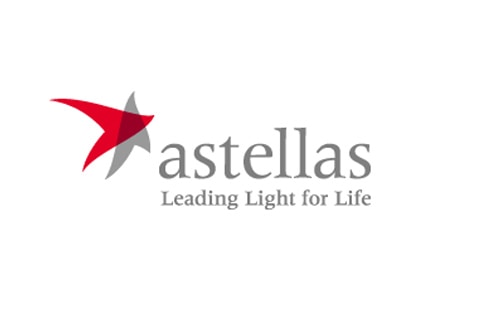
Astellas has teamed up with US company Proteostasis Therapeutics to investigate new ways of treating diseases caused by protein defects, an emerging field of pharmaceutical research.
The Japanese pharma giant is licensing one project from Cambridge, Massachusetts-based Proteostasis for up to $400m – assuming it reaches the market – and has taken an option on two more that could triple that investment.
Proteostasis was set up to develop ways to correct defects in the way proteins are processed in the body, for example how they are folded, trafficked in and out of cells and cleared from the body.
Protein mis-folding is thought to play a role in cancer and genetic diseases such as cystic fibrosis – where an incorrect fold blocks the activity of a protein – as well as diseases such as Alzheimer’s and Creutzfeld-Jakob disease (CJD), which are characterised by accumulation of defective proteins.
Astellas will work with Proteostasis initially on one undisclosed genetic disease and suggested the other programmes could be in the areas of neurodegenerative diseases and retinal degenerative diseases.
Specifically, the two companies will use Proteostasis’ platform technology to modulate a cellular pathway known as the unfolded protein response (UPR), a stress response that tries to repair protein-folding defects and prevent accumulation of mis-folded proteins within cells. Along with Alzheimer’s and CJD, disorders that involve a UPR component include Parkinson’s and Huntington’s disease.
Under the terms of the agreement, the two companies will work together on the discovery of lead compounds to take forward into clinical development, whereupon Proteostasis will be able to opt in for global co-development rights as well as co-promotion rights in the US.
Like a number of other top Japanese drugmakers, Astellas has been revamping its approach to R&D, scaling back some traditional research areas and accelerating its shift into biopharmaceuticals and vaccines, while also increasing its emphasis on emerging technologies such as regenerative medicine.
While still in the early stages, the correction of protein defects is emerging as an intriguing target for drug discovery and Proteostasis has already signed collaborations with other biopharma companies interested in the field.
Just under a year ago, Biogen Idec cut a $200m deal with Proteostasis to use its proteasome activator platform to find therapeutic candidates for neurodegenerative diseases based on inhibition of Usp14, an enzyme which breaks down aggregation-prone proteins such as α-synuclein in Parkinson’s and tau in Alzheimer’s disease.
The company has also received investment funding from Sanofi-Genzyme Bioventures and Novartis, amongst others.




